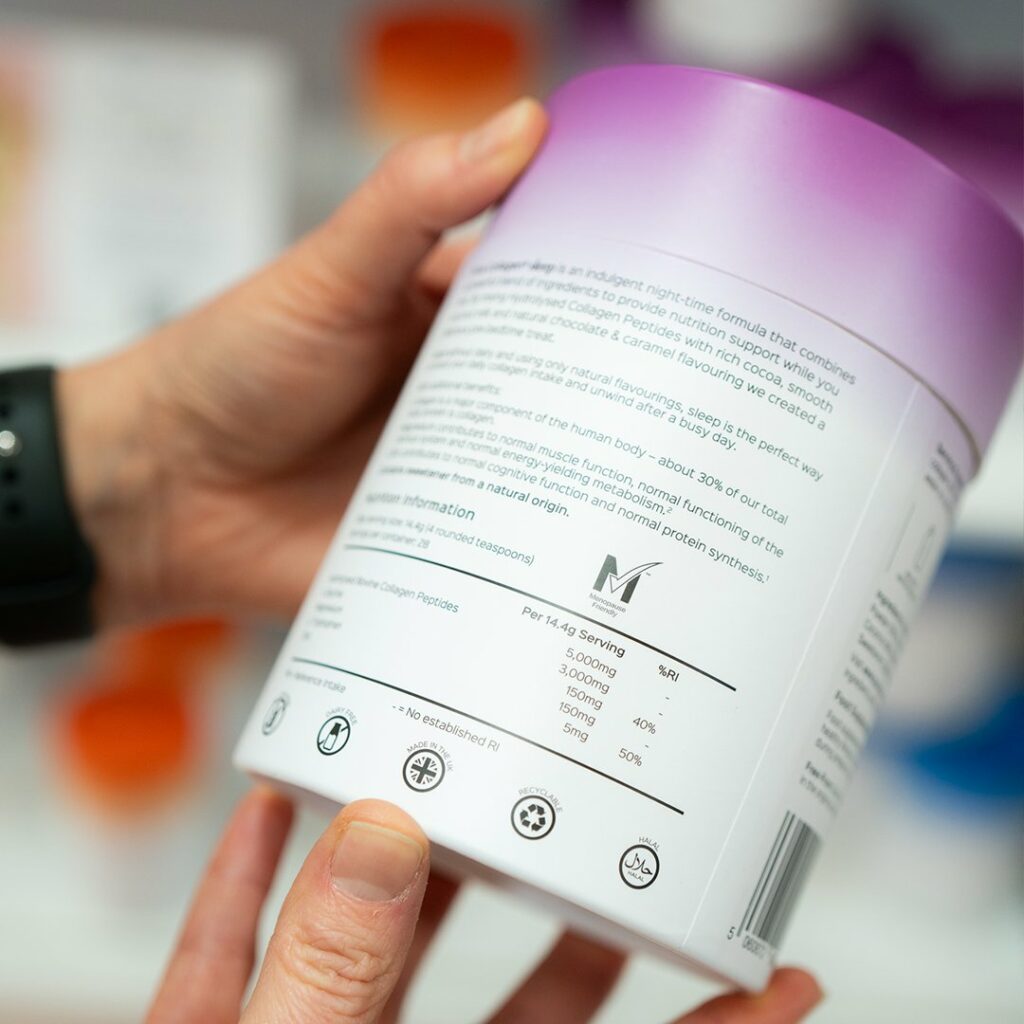THE 48 SIGNS OF MENOPAUSE
‘The change’ changes everything.
No two women’s menopause is exactly the same, but most will experience at least one of 48 signs at some point – during perimenopause, menopause, or post-menopause meaning brands and retailers have 48 reasons to support her.


Women demand choice and visibility
Our robust research tells us that most women are looking for alternative and complementary solutions to manage their menopause, their way. This isn’t about HRT or no HRT , this is about giving her choice.
With 48 signs needing products to support, it’s likely you already offer solutions to support this audience better.
Partnering with GenM and using the MTick makes your products visible to the consumer. There’s also an opportunity to display your products in both dedicated menopause space within retailers online and instore.
All 48 signs
Search Symptom
Changes in taste and smell
Feeling repulsed by the taste of your once daily coffee habit? Maybe your favourite scented candle smell different to normal? A change to taste and smell is one of the menopause symptoms that raises a few eyebrows.
Read moreDecreasing fertility
As signs of the menopause start to emerge, are you relieved that your chances of falling pregnant could be dropping by the day? Or are your nerves being stretched to their limits as you try to conceive a longed-for child?
Read moreDental problems
OK, so you had prepared yourself for hot flushes, mood swings and brain fog… but no-one warned you that your mouth might suffer in the menopause. Bleeding gums, tooth decay, bone loss in your jaw? They are nothing to smile about.
Read moreDepression
You’re not just sad. This is worse than that. It’s like someone’s sucked the colour out of life. The things you used to enjoy don’t give you pleasure anymore. Getting up in the morning feels like a battle. The world feels dark. And you’ve felt like this a while now – a few weeks or maybe even months.
Read moreFeeling cold
Feel like you’re spending more and more time burrowed in a jumper? The weather’s not even being that unpredictable, but you alternate between feeling OK and then shivery or cold? Why can’t you just stay warm goddamnit?
Read moreHeadaches & migraines
You may have always been prone to a headache or two around your time of the month. But recently, they’ve got worse. You feel a bit woozy and sick and one side of your head is pounding.
Read moreHeart palpitations
There are many songs that wax lyrical about your heart skipping a beat when you’re a giddy kipper in love… But what if you aren’t feeling at all romantic and your heart is missing some beats or randomly chucking in a few extra. Or, more worryingly, racing away like you’ve just completed the grand national without a horse?
Read moreHot flushes
You never know when one is going to hit you. One minute you’re completely fine, the next you’re drenched, uncomfortable and looking more like Alice Cooper than the polished professional you were moments before.
Read more